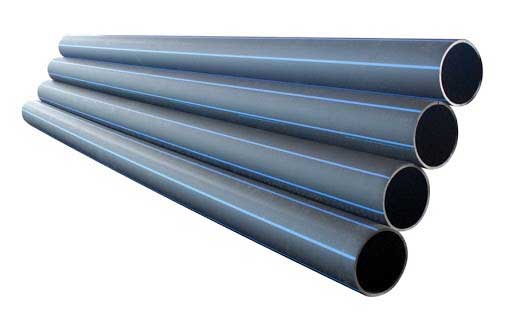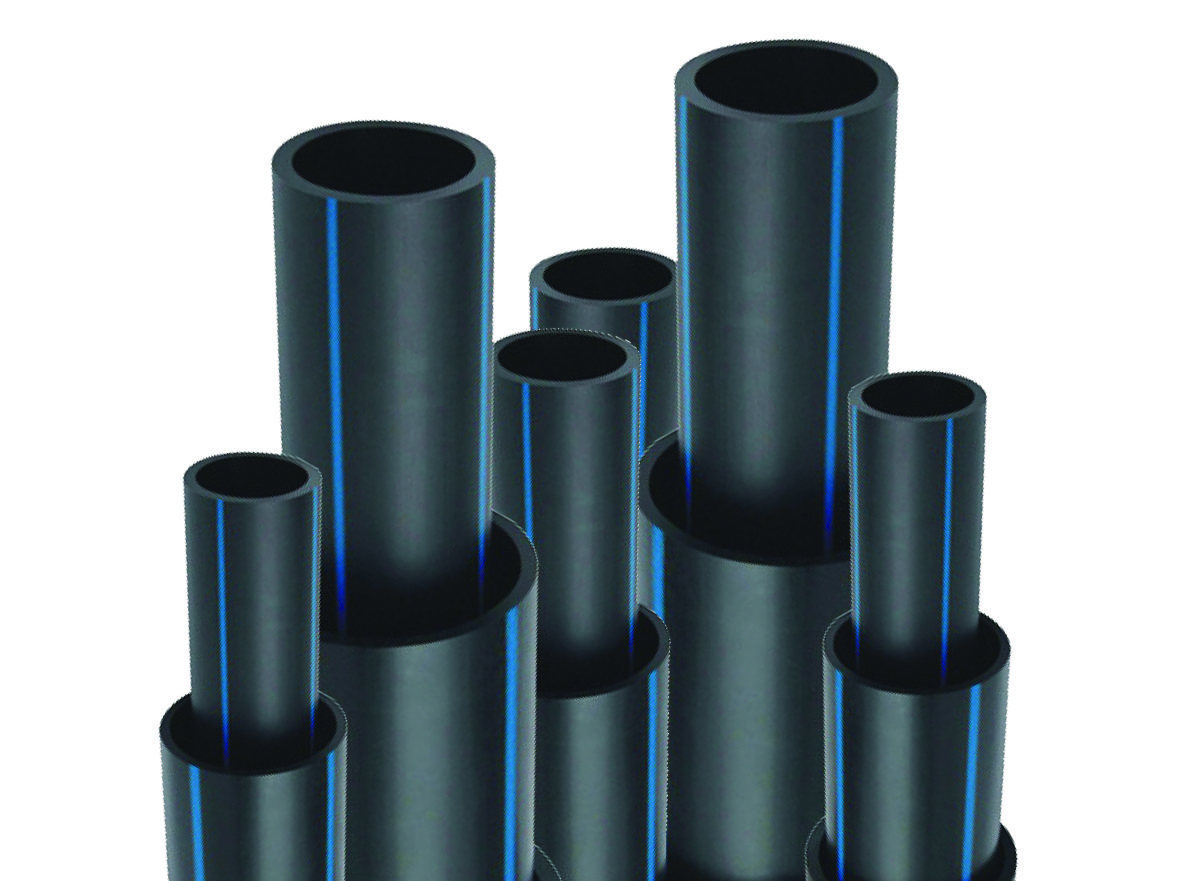American Plastics HDPE Pipe for Oilfield: Built for Harsh Conditions
Recognizing the Trick Perks of HDPE Pipe for Water and Wastewater Monitoring
Making use of HDPE pipe in water and wastewater monitoring provides many advantages that warrant consideration. Its exceptional resilience and lengthy life expectancy make it a preferred choice for several jobs. In addition, the material's resistance to corrosion and chemical damages enhances its integrity in different environments. The advantages expand beyond simply durability and resistance. American Plastics HDPE Pipe Manufacturing. Exploring its cost-effectiveness and ecological impact discloses much more engaging factors for its widespread adoption in modern-day infrastructure
Extraordinary Toughness and Longevity

HDPE pipeline attracts attention for its extraordinary resilience and durability, making it a favored option in water administration systems. Built from high-density polyethylene, these pipelines can stand up to substantial pressure and stress, ensuring dependable performance over time. Their robust nature enables them to sustain severe environmental conditions, including temperature variations and dirt activities, which can create various other materials to fail.
The lifespan of HDPE pipelines often goes beyond half a century, supplying a cost-efficient remedy for communities and markets alike. Furthermore, the material's light-weight buildings simplify installation, reducing labor prices and durations. This sturdiness reduces the need for frequent fixings or substitutes, even more boosting its financial charm.
In water management applications, the reliability of HDPE pipes means less interruptions and enhanced service connection, making them important to sustainable framework growth. The combination of resilience and longevity strengthens HDPE's function as a foundation in reliable water administration solutions.

Resistance to Corrosion and Chemical Damages
While lots of products give in to deterioration and chemical damage in time, HDPE pipelines exhibit amazing resistance, making them excellent for various water administration applications. This strength originates from the molecular structure of high-density polyethylene, which is inherently non-reactive and does not wear away like metals or deteriorate from direct exposure to extreme chemicals. Therefore, HDPE is highly effective in atmospheres with hostile compounds, such as wastewater systems that might consist of acids, bases, and natural solvents.
Furthermore, HDPE pipes can withstand environmental factors such as soil level of acidity and saline conditions, additionally boosting their viability for varied applications (hdpe pipe in stock Midland TX). Their capability to preserve structural integrity with time lowers the threat of leakages and failures, which is critical in guaranteeing the safety and integrity of water circulation and wastewater administration systems. Consequently, the resistance to rust and chemical damages significantly adds to the overall effectiveness and long life of HDPE piping solutions
Cost-Effectiveness and Economic Advantages
When thinking about the financial implications of water management systems, the cost-effectiveness of HDPE pipes becomes obvious. These pipes supply lower installment and maintenance prices compared to typical materials like metal or concrete. Their light-weight nature simplifies transport and installation, leading to reduced labor costs. In addition, HDPE pipes exhibit a lengthy lifespan, frequently going beyond 50 years, which equates to less replacements and long-lasting financial savings.
The resistance of HDPE to rust and chemical damages minimizes the need for expensive repairs and replacements. The pipes likewise sustain efficient water flow, minimizing power prices related to pumping systems. By reducing leaks and water loss, HDPE pipes add to considerable financial advantages for districts and industries alike. In general, the preliminary financial investment in HDPE piping can produce significant economic returns over the lifespan of the water management system, making it a prudent choice for sustainable facilities advancement.
Environmental Sustainability and Decreased Effect

Versatility and Adaptability in Setup
Because of their one-of-a-kind homes, HDPE pipelines offer impressive adaptability and flexibility in installment, making them appropriate for a wide variety of applications. Their lightweight nature enables for easier handling and transport, reducing labor expenses and installment time. HDPE pipes can be curved and shaped to fit numerous terrains and task requirements, which is especially advantageous in testing settings.
Additionally, get more info their resistance to corrosion and chemical damage permits installment in diverse settings without the requirement for specialized protective coverings. The capacity to fuse joints creates a continuous, leak-free system, improving the total honesty and reliability of the installation. HDPE's versatility also fits ground activity, decreasing the threat of damages in areas vulnerable to changing soil. Overall, these characteristics make HDPE pipelines not only functional but additionally a recommended choice for water and wastewater administration systems.
Frequently Asked Questions
How Does HDPE Pipe Compare to PVC in Water Administration Applications?
HDPE pipe offers exceptional adaptability, resistance to rust, and toughness compared to PVC. Its lighter weight assists in much easier installment, while its lengthy life expectancy decreases replacement costs, making HDPE a recommended option in water administration applications.
What Is the Lifespan of HDPE Pipes Under Normal Problems?
Under common problems, HDPE pipelines can have a life-span varying from 50 to 100 years. Their toughness and resistance to deterioration add to their long-term efficiency in different applications, making them a dependable selection for facilities.
Are HDPE Piping Recyclable After Their Life Span?
Yes, HDPE pipelines are recyclable after their service life. hdpe pipe fittings Midland TX. They can be refined and repurposed right into new items, greatly lowering environmental influence and promoting sustainability within the industry, making them a green choice for piping options
What Is the Installment Process for HDPE Water Lines?
The installation procedure for HDPE pipelines involves site prep work, trenching, pipeline combination or mechanical signing up with, backfilling, and pressure testing. Appropriate strategies ensure a sturdy and reliable system for delivering water and wastewater successfully.
Can HDPE Pipeline Be Utilized for Both Potable and Non-Potable Water Systems?
Yes, HDPE pipes can be made use of for both potable and non-potable water supply. Their convenience, toughness, and resistance to deterioration make them suitable for different applications, making certain risk-free and reliable transport of water in various contexts.